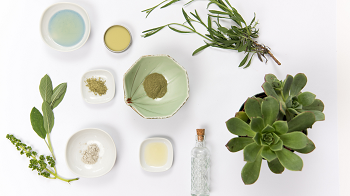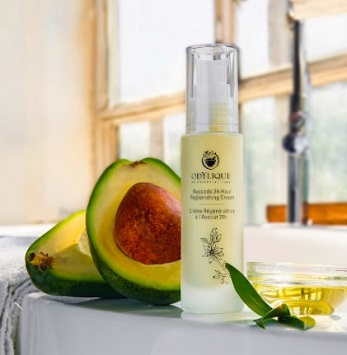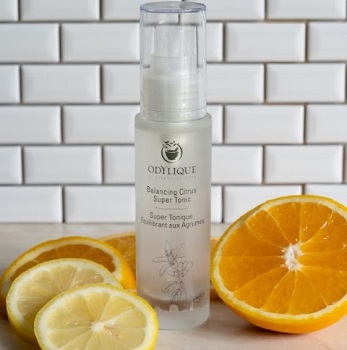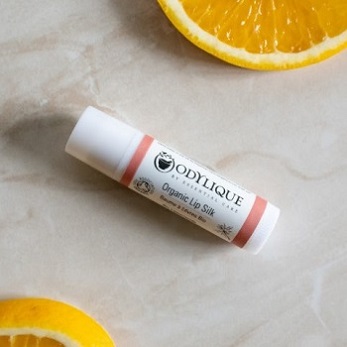90% of the population, according to a study in the inewspaper, feel good about reducing their carbon footprint. Whether it’s recycling, cycling instead of driving, or using upcycled products, so many of us are trying to be greener citizens and it of course doesn’t stop at our bathroom door. Consumers are increasingly concerned about the sustainability of beauty products or ‘moisturiser miles!’ if I can quote the wonderful beauty journalist Jo Fairley.
Cosmetic products risk being carbon heavy as they contain multiple ingredients and packaging components. And they’re often transported from far flung places for cheapness (packaging from China) or uniqueness (botanical rainforest extracts). Even natural ingredients raise question marks: Does growing ingredients for health & beauty products divert resources from food production, harm indigenous species, or pollute the planet through unsustainable agriculture?

What are Upcycled Products in Cosmetics?
All this is leading to heightened interest around upcycled products – making cosmetic ingredients from waste. Upcycling in beauty was first popularised by brands like Upcircle who used upcycled coffee waste as a key ingredient in their body scrub.
“Consumers now expect brands to make living a sustainable lifestyle easier for them by making the necessary changes to their packaging and products.” Soil Association Market Report 2022
But using leftovers from food or other industries to make cosmetic ingredients is nothing new.
Upcycled ingredients from the food industry that have been used for many years in beauty and wellbeing products include citrus essential oils, as well as vegetable and fruit oils like broccoli and rosehip.
And hydrolats (floral waters) are other examples of upcycled products or bi-products, created through the production of aromatic essential oils for the fragrance industry.
Which Odylique Ingredients are Upcycled?
Indeed, many of the ingredients we use in Odylique are waste products from other production processes, e.g.
- Rose water (hydrolat) is a bi-product of making rose essential oil (we use this deliciously fragrant water in our Rose Face Tonic and Creamy Coconut Cleanser)
- Our avocado oil is pressed from avocados that aren’t fit for sale as whole fruits (we use this beautiful oil in our Avocado Replenishing Cream and Superfruit Concentrate)
- We use orange, lemon and other citrus essential oils that are made from the peel of fruits that are used in food production - orange and lemon juice for example. (You’ll find these gorgeous oils in our Citrus Tonic and Lip Balm among others.)
Other ingredients we like are those that create very little waste, like coconut oil, where every part of the plant, including the shell is used to make other materials and nothing is sent to landfill. Likewise, with citrus peel, the peel remaining after the essential oil is expressed can be composted or used in animal feed so there is no waste for disposal.

Is Upcycling the Magic Bullet for Sustainability?
I love the concept of upcycled products - it is a great way to reduce waste and carbon footprint. I certainly see it as an important component in the fight to tread lightly. But there are lots of other sustainability factors to address in supply chains. Sustainable sourcing is crucial for us at Odylique and these are some of our forever policies that try to address that:
- We use organic quality crops to minimise pollution from fertilisers and pesticides.
- We’ll source locally where we can and from fairly traded sources where we can’t.
- Our packaging is made in Europe, and where possible in the UK.
- We bring in aloe vera as powder and reconstitute it, rather than import the original juice - to minimise the carbon footprint of shipping.
All that said, we’re not perfect. We’d love to be able to use more UK grown organic crops for example. We’ll continue to hunt for more low waste, upcycled ingredients. And there are trade-offs to be made between heavy to transport glass and locally made recycled plastic packaging. Achieving sustainability is forever a work in progress. – We have to be always trying to improve.




